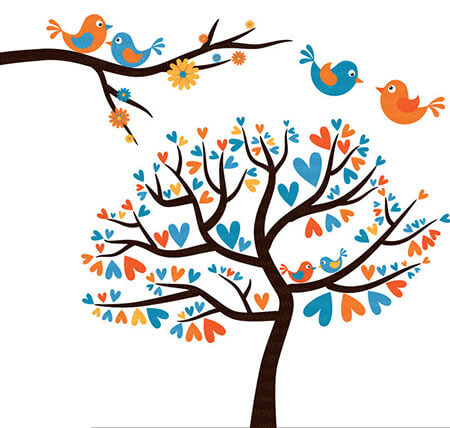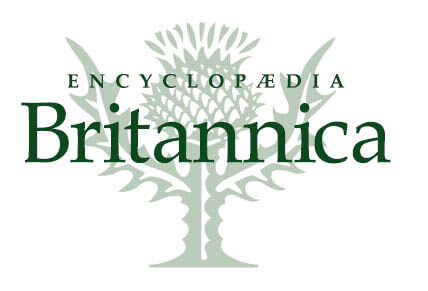What Is Your Mother Tongue, Chinese Singaporeans?

“Boh liao! Of course Chinese lah.” Some may reply like this.
“Not Hokkien meh?” I’ll challenge it.
“That’s dialect. Different.”
“I hear it everywhere. So what’s the difference?”
“…”
Yesterday I happened to see a fierce debate online about mother tongue for Chinese S’poreans. One said, his Mandarin skills was totally learned in school, as his mother speaks Hokkien to him only. Thus, his ‘mother’ language should be Hokkien other than Mandarin. Well… Is Hokkien a language?
Encyclopædia Britannica told us, language is “a system of conventional spoken or written symbols by means of which human beings, as members of a social group and participants in its culture, express themselves’ Without doubts, Chinese is a language. But if Mandarin fits this definition, why couldn’t Hokkien?
Just because of thousands of years long history of Chinese culture, the varieties of Chinese language make itself inevitably complex and difficult to unify. According to linguistic classification by SIL International, Chinese languages, or called Sinitic languages, are a language family frequently postulated as one of two primary branches of Sino-Tibetan, which is one of the world’s major language families. Based on references from WikiPedia, as a spoken language family, there are a few subdivisions under Chinese, such as Mandarin (官話), Chin (晉語), Wu (吳語), Hui (徽語), Kan (贛語), Hsiang (湘語), Min (閩語), Cantonese (粵語), etc. And, Hokkien is a subdivision of Min, spoken in South Fukien areas originally. Since it’s mutually intelligible to other subdivisions under Min relatively, I agree that Hokkien is a dialect, a dialect of Min language.
Min is a daughter language other than a dialect of Chinese language, because Min and Mandarin, or other daughter languages, regardless of Wu or Cantonese, are not mutually intelligible distinctly. Some researchers may find similarity of Min and other daughter spoken languages under Chinese family. The reason is, they all share one corresponding written Chinese language, mixed with Classical Chinese (文言文) or Written Vernacular Chinese (白話文) in Chinese characters. We don’t treat Japanese as a dialect of Chinese language, which uses Chinese characters in writing as well. Neither should we do to Min or Cantonese.
Standardisation is good for cross-culture communication or anti-integration new immigrants in a society. But can we afford the loss of real ‘mother tongue’, which would be a devastating culture disaster in today’s globalisation world? The trauma will make a nation speechless.
